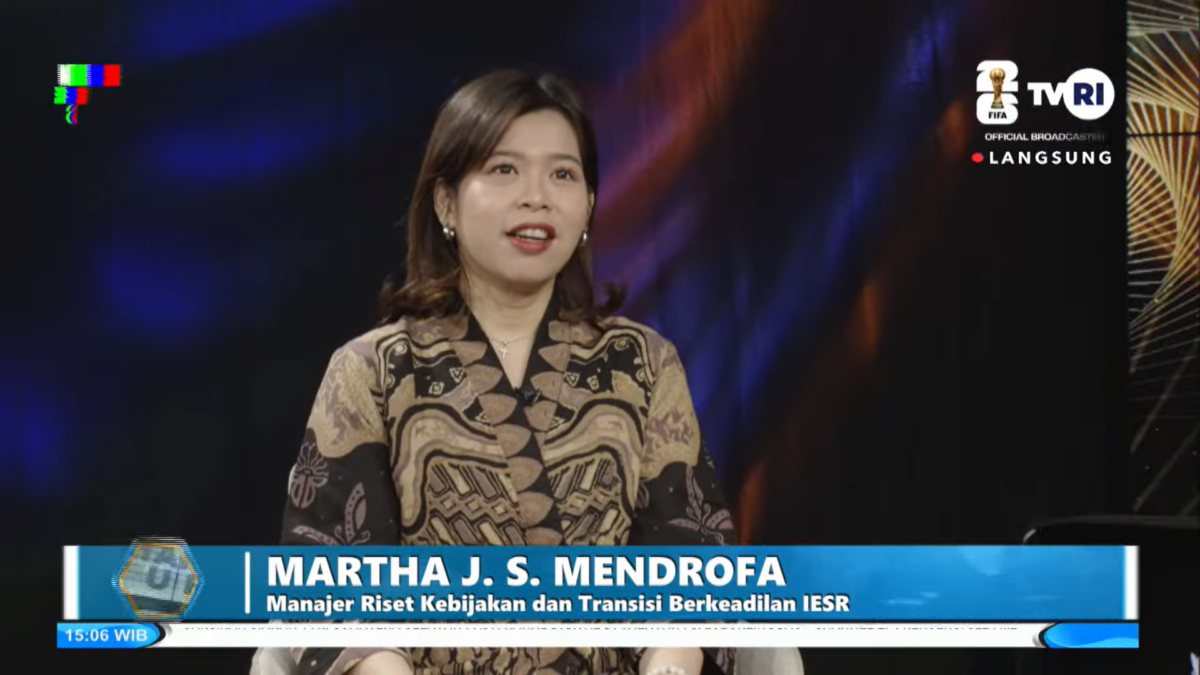
Economic Transformation: The Key to Energy Transition for Coal-Producing Regions
Palembang, February 12, 2026 – South Sumatra’s role as a national energy hub plays a vital part in the province’s economic development. The contri... Read more.
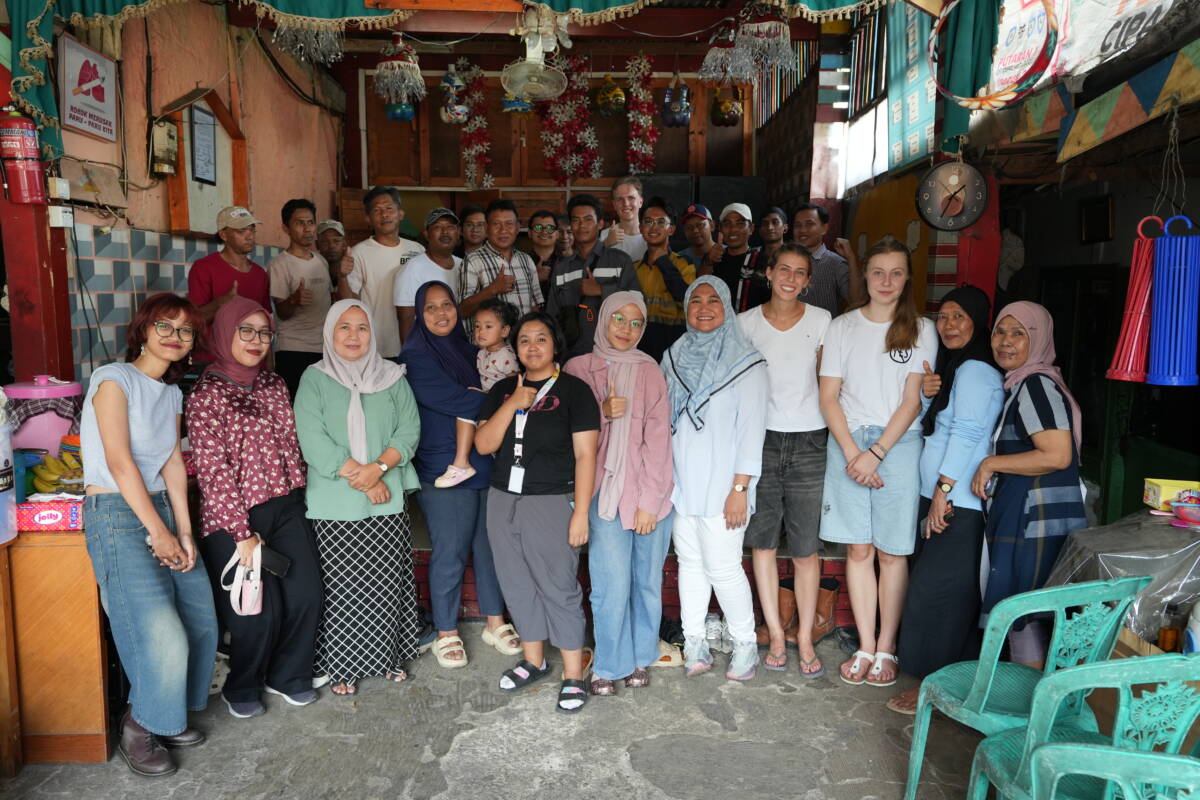
Maintaining the Vibrant Vibrance of Kampung Warna-Warni with Solar Energy
Jakarta, December 18, 2025 – Direct access to energy, especially renewable energy, determines a community’s quality of life. Therefore, community involv... Read more.
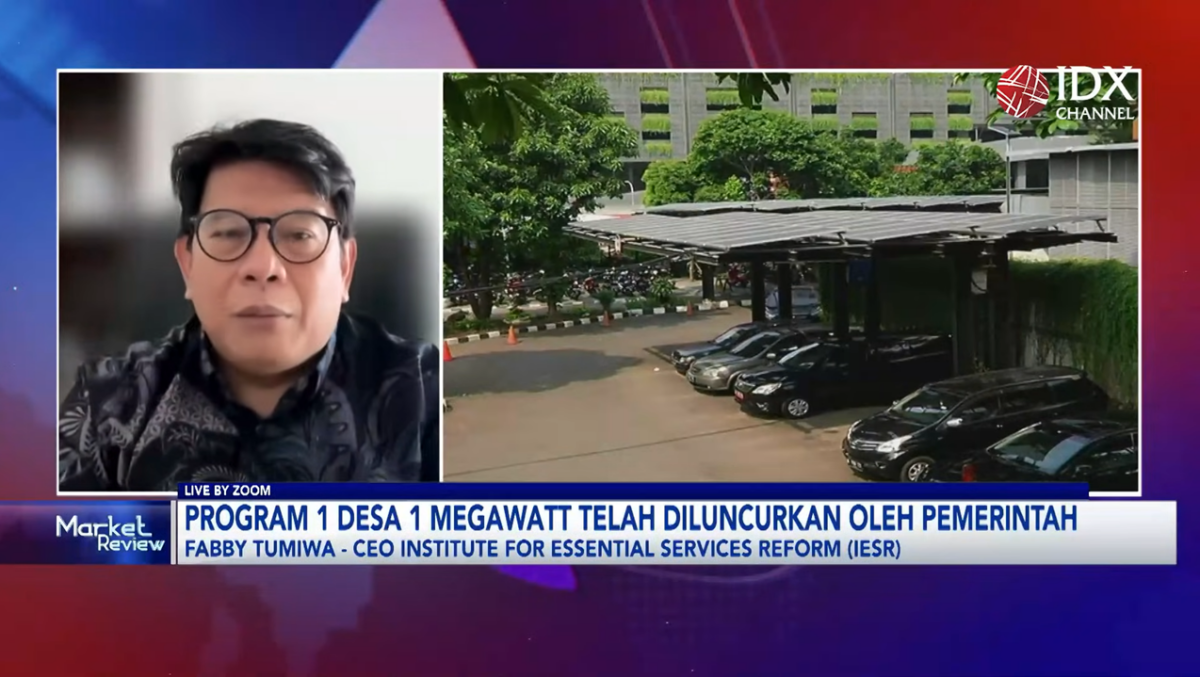
Realizing One Village, One Megawatt of Solar Energy
Jakarta, December 12, 2025 – President Prabowo Subianto stated that Indonesia will build 100 GW of solar power plants plus battery storage systems. The gover... Read more.
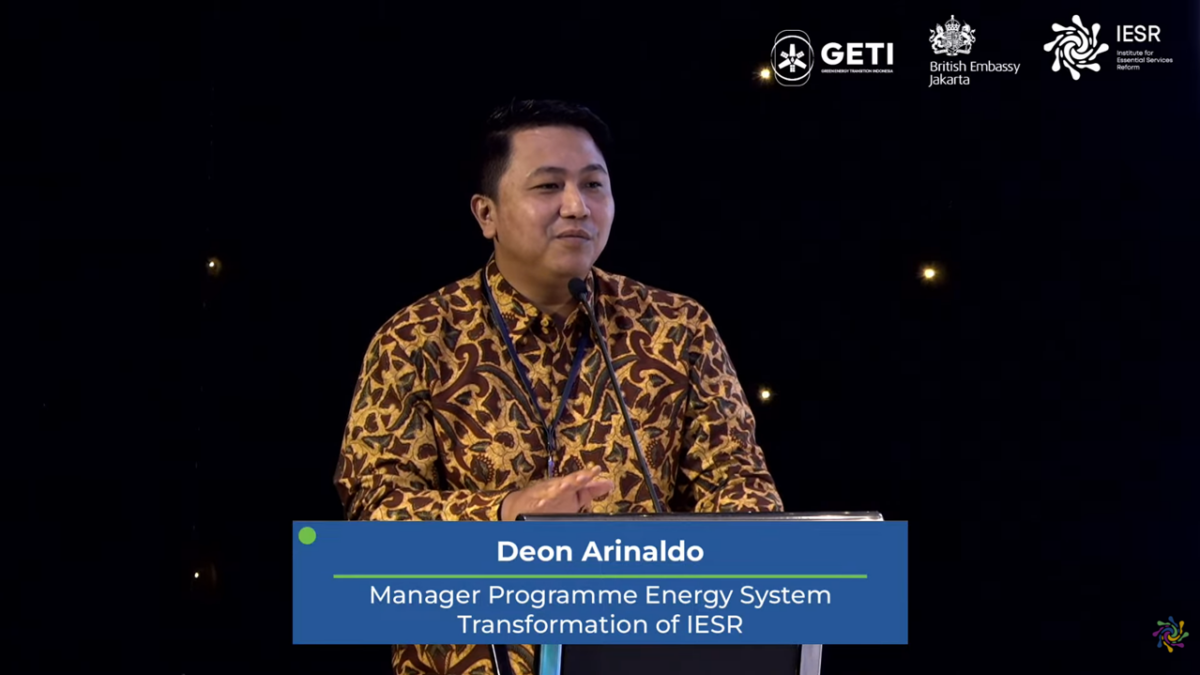
The Dynamics of the Indonesian Coal Industry Transitioning Towards a Greener Energy System
Jakarta, December 3, 2025 – The energy transition is inevitable. The falling prices of low-carbon technologies such as solar energy and batteries are one of t... Read more.
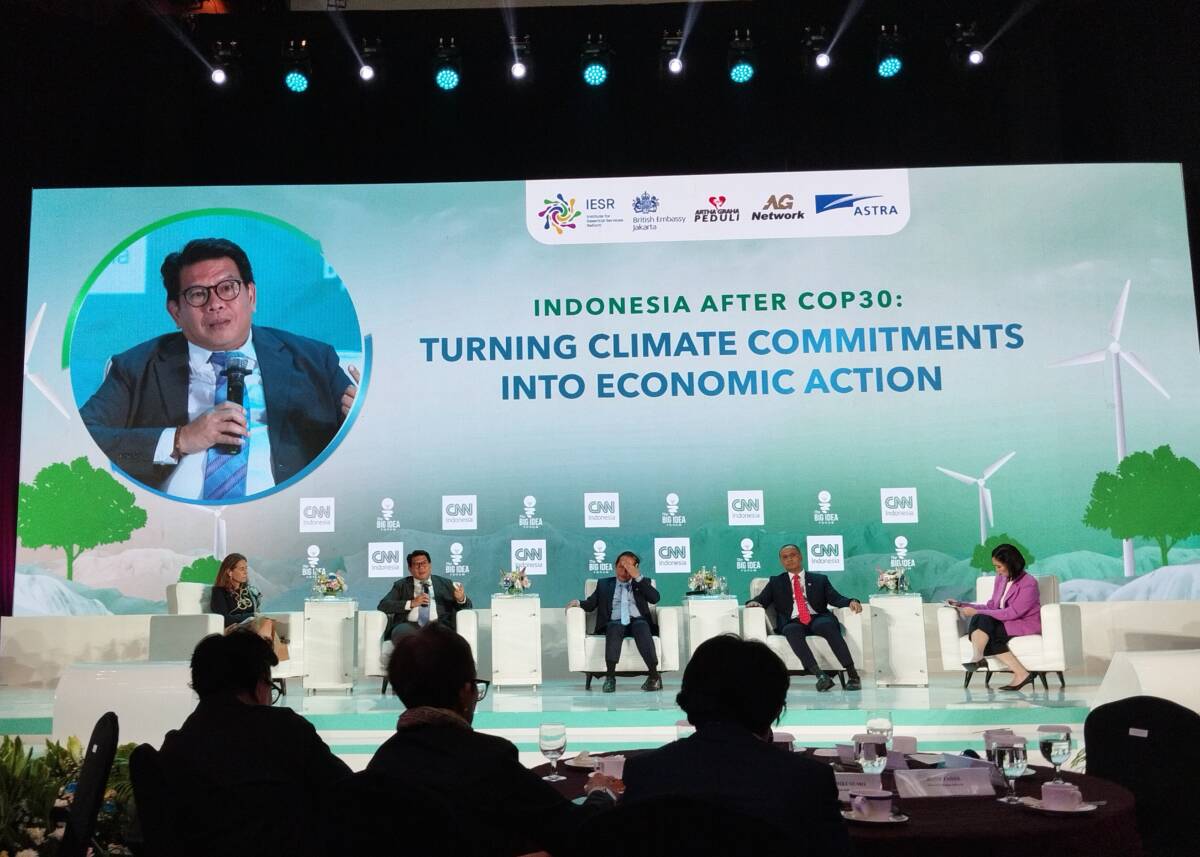
Aligning Climate Commitments and Economic Growth
Jakarta, November 26, 2025 – The UN Climate Summit, or Conference of Parties (COP) 30, is being held amidst global geopolitical uncertainty. As an archipelagi... Read more.
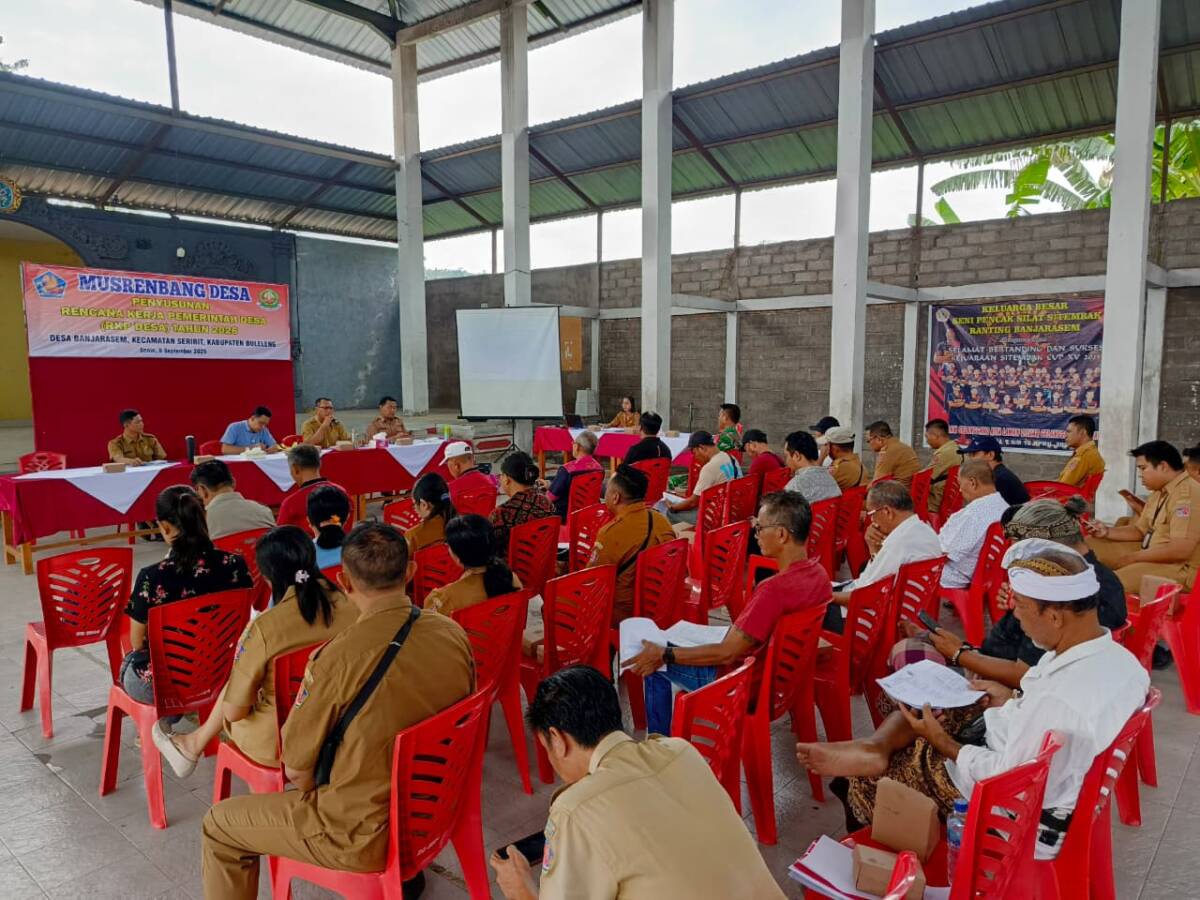
A Community Driven Energy Transition in Bali through the Renewable Energy-Based Village Pilot Project
Bali Net Zero Emission (NZE) 2045, a target set by the Provincial Government of Bali to achieve zero emissions by 2045–15 years ahead of the national targ... Read more.
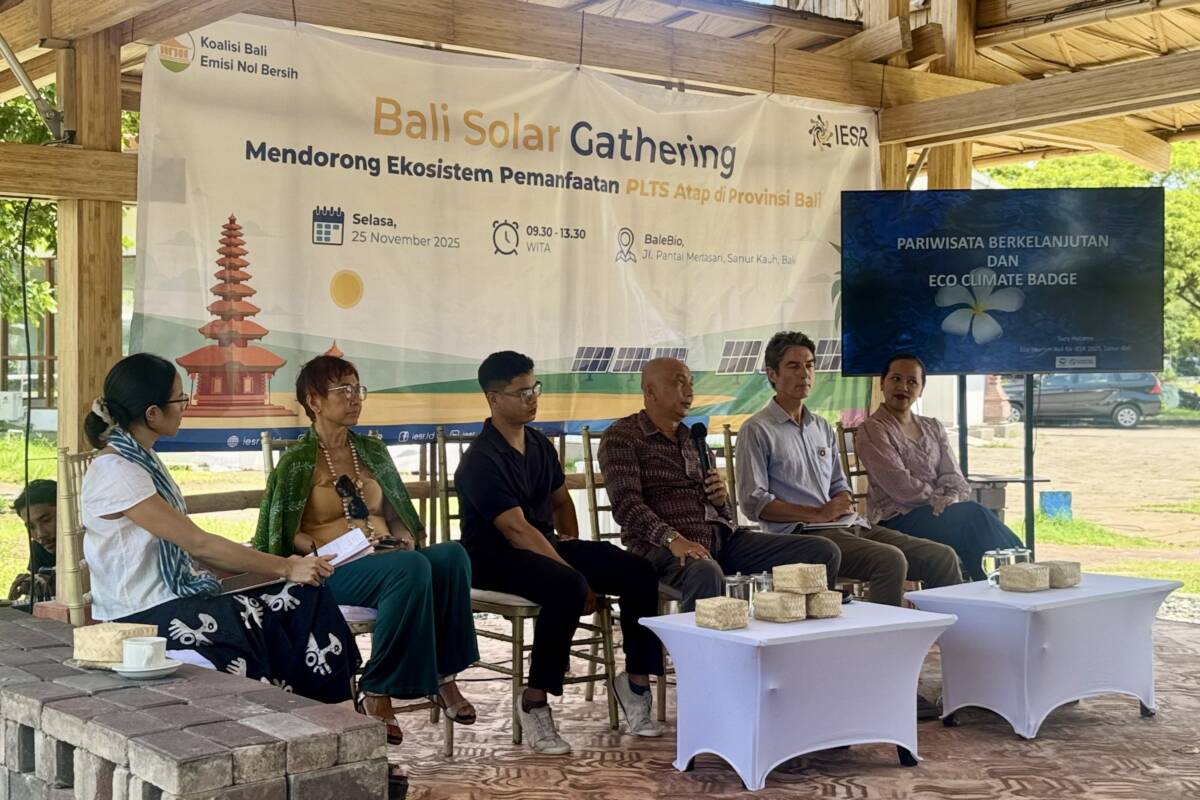
Bali Solar Gathering: Enhancing the Rooftop Solar Ecosystem in Bali
Denpasar, 25 November 2025 – The high level of activity in Bali’s tourism sector makes electricity a fundamental need, especially with the increasing number... Read more.
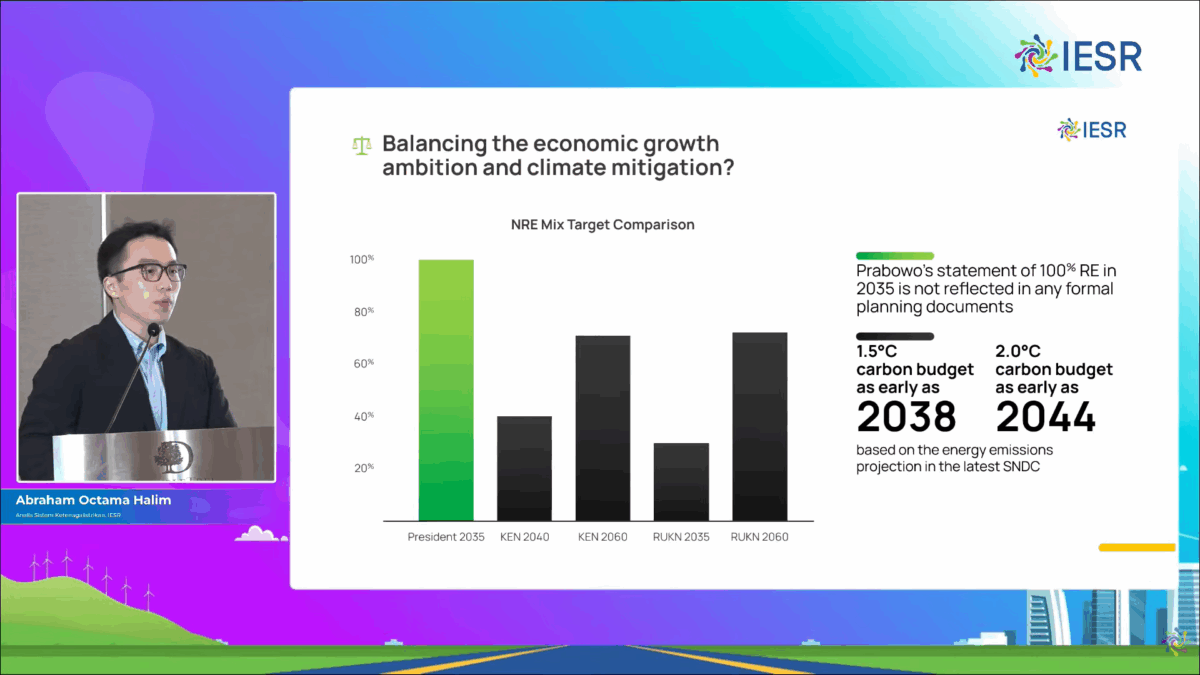
Moving Indonesia’s Energy Transition Needle
Jakarta, November 20, 2025 – Indonesia finds itself in a paradoxical situation: it possesses abundant renewable energy potential, yet its energy system is dom... Read more.
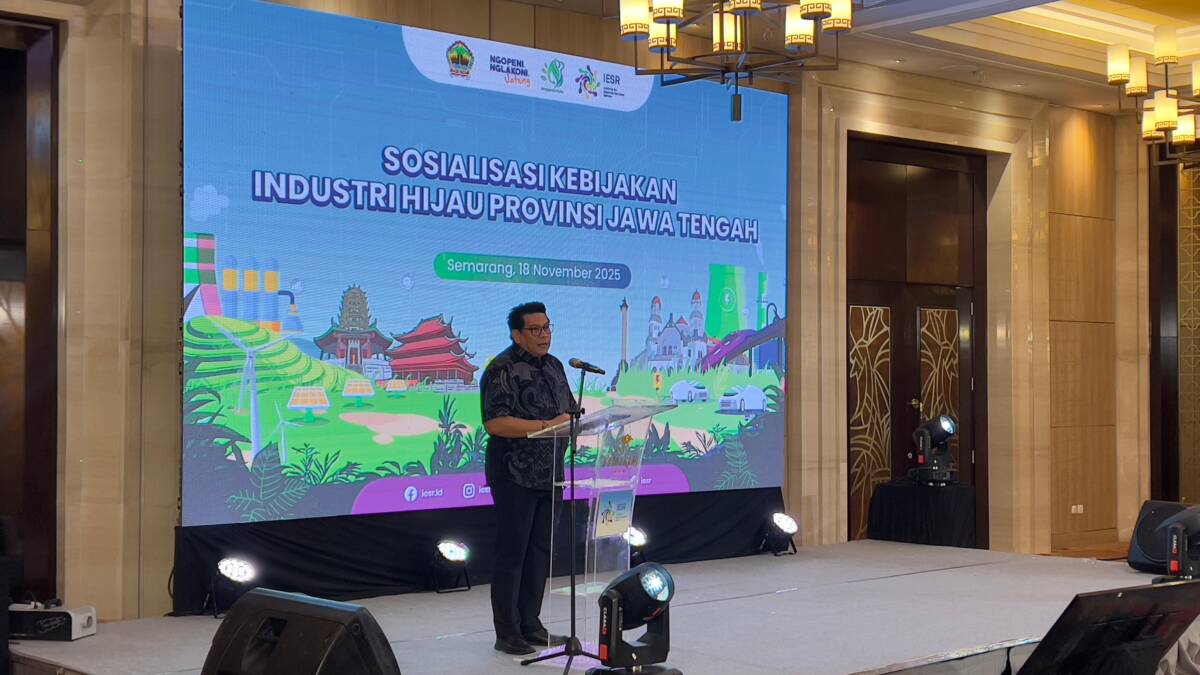
Building a Sustainable and Globally Competitive Industry in Central Java
Semarang, November 18, 2025 – Central Java Province is emerging as a new alternative industrial hub, following West Java and East Java. This economic growth i... Read more.
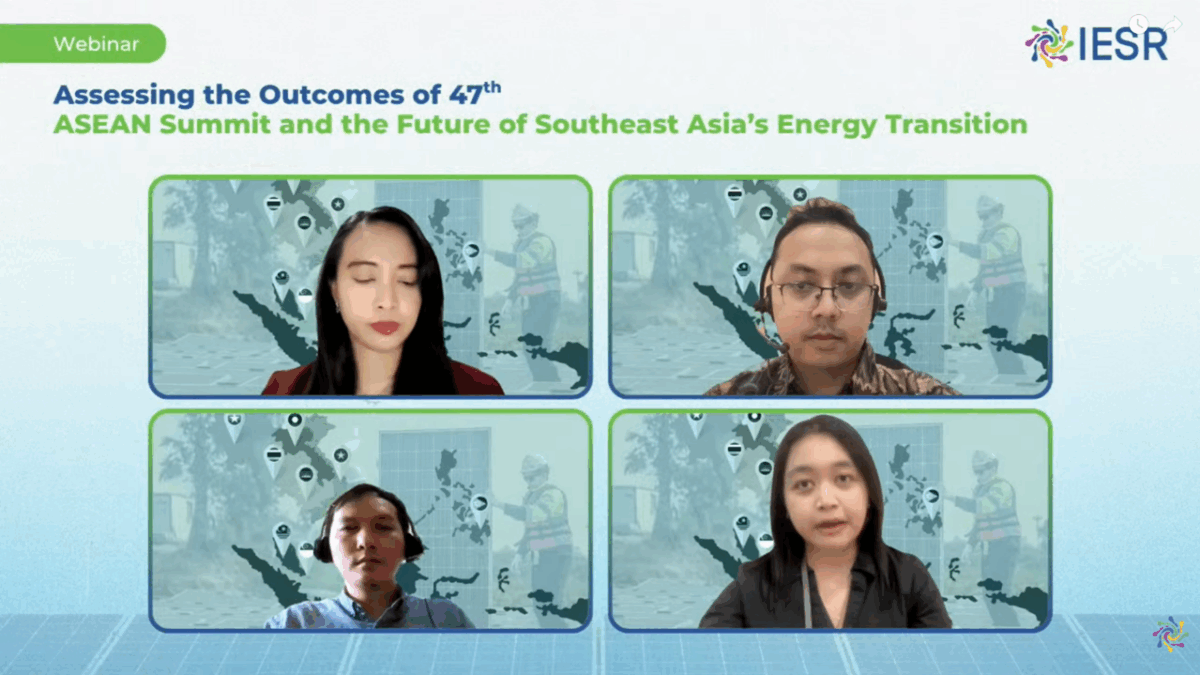
Reflection of the 47th ASEAN Summit: Current Conditions and the Role of Civil Society in Achieving ASEAN Vision 2045
Jakarta, November 6, 2025 – The UN Emission Gap Report 2025 states that, with current climate commitments from all countries worldwide, global warming is stil... Read more.
